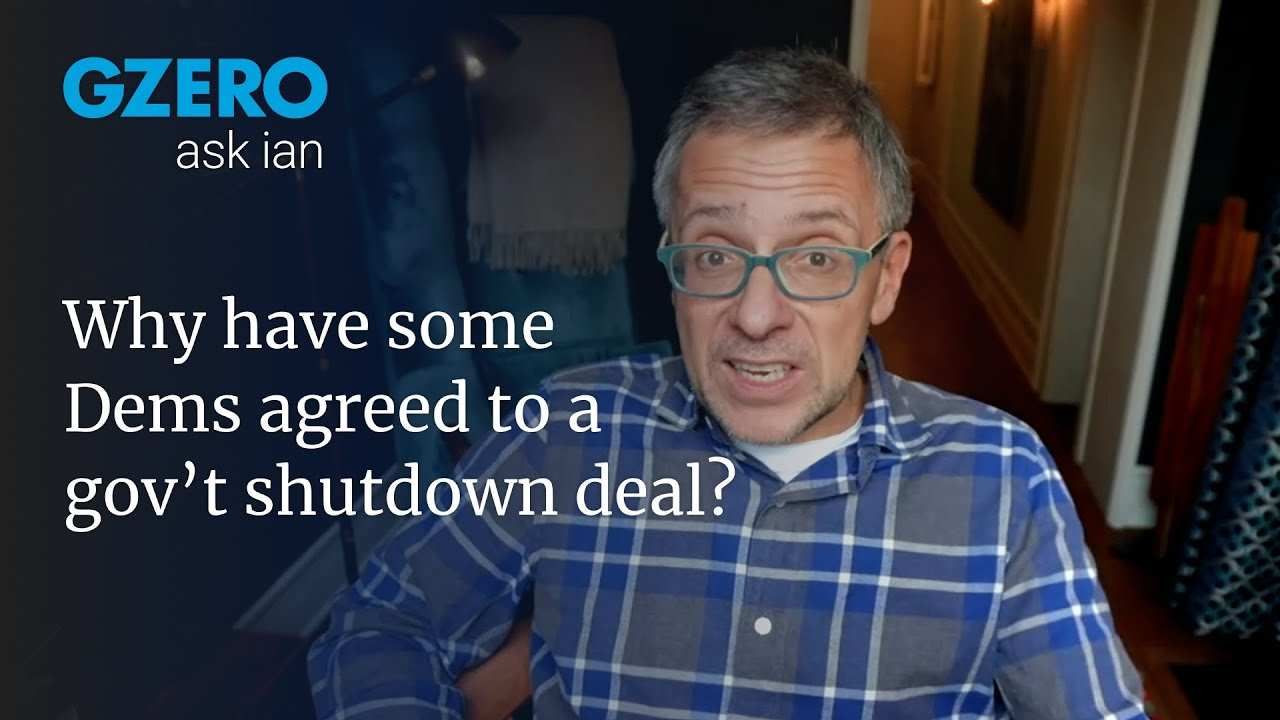WHAT WE’RE WATCHING
The coup against Trump — Following an order from a Panamanian court, a 12-day standoff was resolved peacefully in Panama City as representatives of Donald Trump’s family hotel business evacuated their offices in a luxury hotel that, until this week, bore Mr. Trump’s name. Last month, Orestes Fintiklis, a representative of the hotel’s owners, arrived at the site to inform Trump’s management team that they were fired. Trump security guards ejected Mr. Fintiklis from the building. Local police were then called in to break up fights between rival teams of security guards over control of the hotel’s administrative offices and security system. The Trump team has vowed to continue the fight in court, but for now Fintiklis has physical control of the premises, and Trump’s name has been removed from the hotel’s facade with a crowbar. We’re watching this story mainly because I love the name Orestes Fintiklis.
Pop stars for Putin — Russian pop stars just can’t get enough Putin, and they want you to vote for him. See for yourself. BTW, you won’t find the punk band Pussy Riot in that video. They prefer Daniel Biss, a candidate for governor of Illinois.
European clocks — To our European friends, you’re not imagining things: Some of your clocks really are running slow, up to six minutes since mid-January, according to Entsoe, an organization that represents electricity transmission operators across 25 European countries. These nations are collectively plugged into an electricity grid that operates at a synchronized frequency that regulates time-keeping in many devices, though not in smart phones. For several weeks, tiny Kosovo failed to generate enough electricity to meet its own needs. Entsoe says Serbia is legally obligated to meet Kosovo’s electricity demand in order to keep the European grid stable, but it has lately failed to keep its end of the bargain, thanks to a series of political disputes with Kosovo since Kosovar secession a decade ago. Serbia’s refusal to generate more electricity “forced the frequency to deviate,” according to press reports, messing up clocks and giving people across Europe a new excuse to be late to work.
WHAT WE’RE IGNORING
Boris Warns the Russians — UK Foreign Secretary Boris Johnson warned this week that Russia faces a “robust” British response if evidence emerges that Russians were involved in the collapse of Sergei Skripal and his daughter in Britain following exposure to a “very rare” nerve agent. Both remain critically ill after they were discovered unconscious on a bench outside a shopping center. Skripal is a former Russian military intelligence officer convicted in Russia of spying for Britain. He has lived in the UK since a prisoner swap between the two countries in 2010. Skripal’s family says his wife, brother, and son have died under suspicious circumstances in the past two years. Three police officers who investigated the scene have been treated for symptoms related to exposure to a dangerous chemical. Search the words “Alexander Litvinenko” and “diplomats expelled” to see why we’ll treat Johnson’s threat with skepticism, at least for now.
Lego Belt and Road? — China doesn’t need as many new roads, bridges, and housing towers as it used to. The country’s Belt and Road Initiative — a development strategy that creates infrastructure, transportation, and energy projects that link 70 countries across Asia, Africa, Europe, and Oceania — allows Chinese companies to avoid large-scale unemployment by producing steel and cement for construction in other countries. In an unrelated story, Danish toymaker Lego admitted this week it made way too many Lego bricks in 2017, forcing the company to sell at lower prices, cutting deeply into profits. Lego already sells about 75 billion bricks a year in more than 140 countries, so it’ll be hard for Lego to transfer its oversupply into new markets. In this case, the China model isn’t transferrable.
